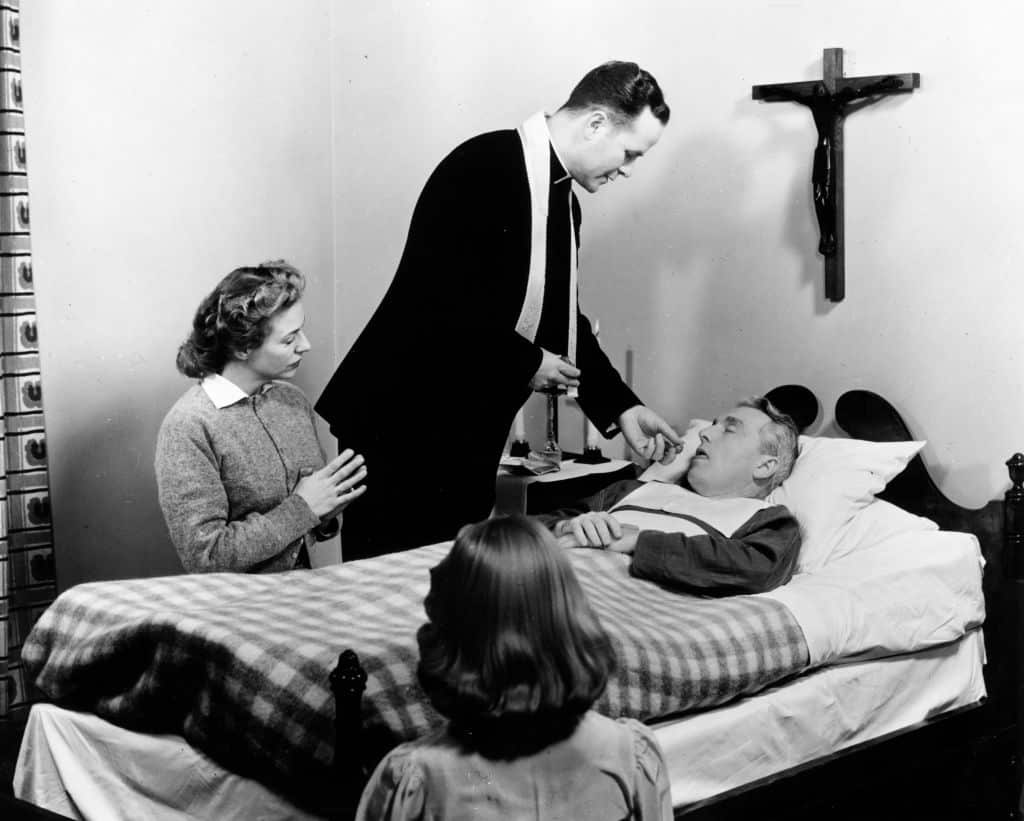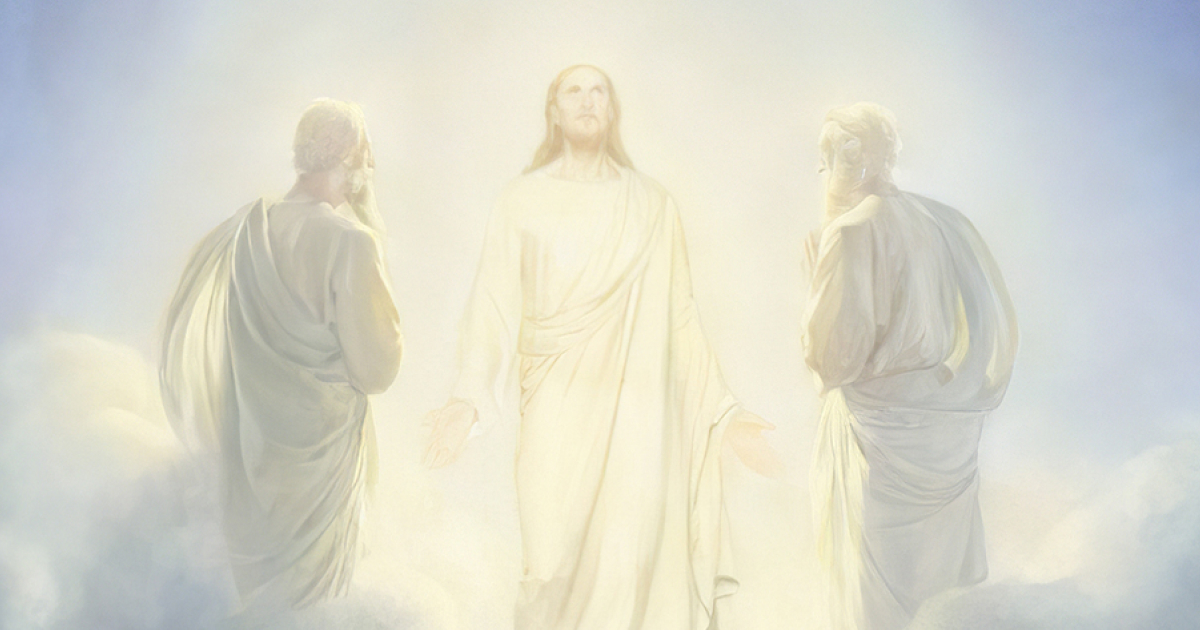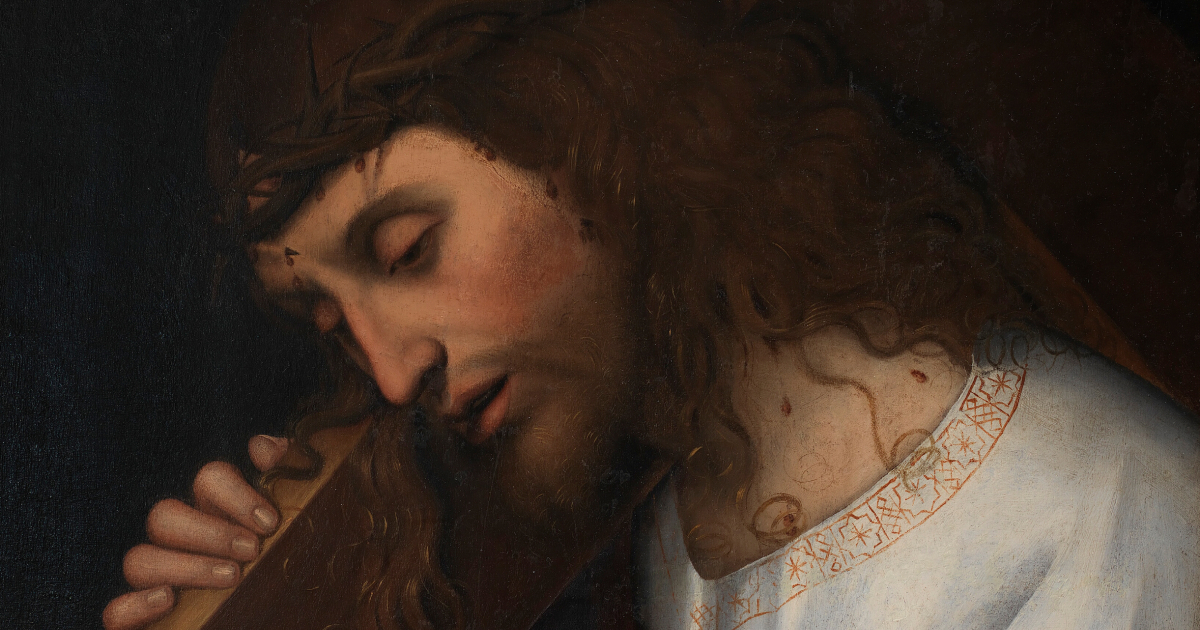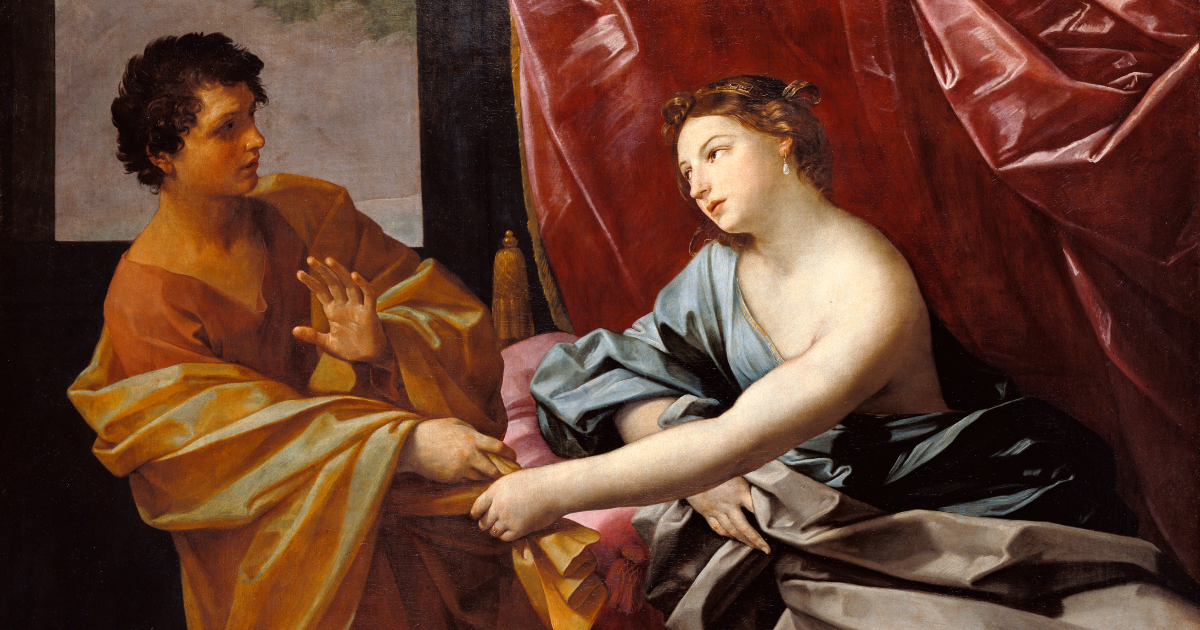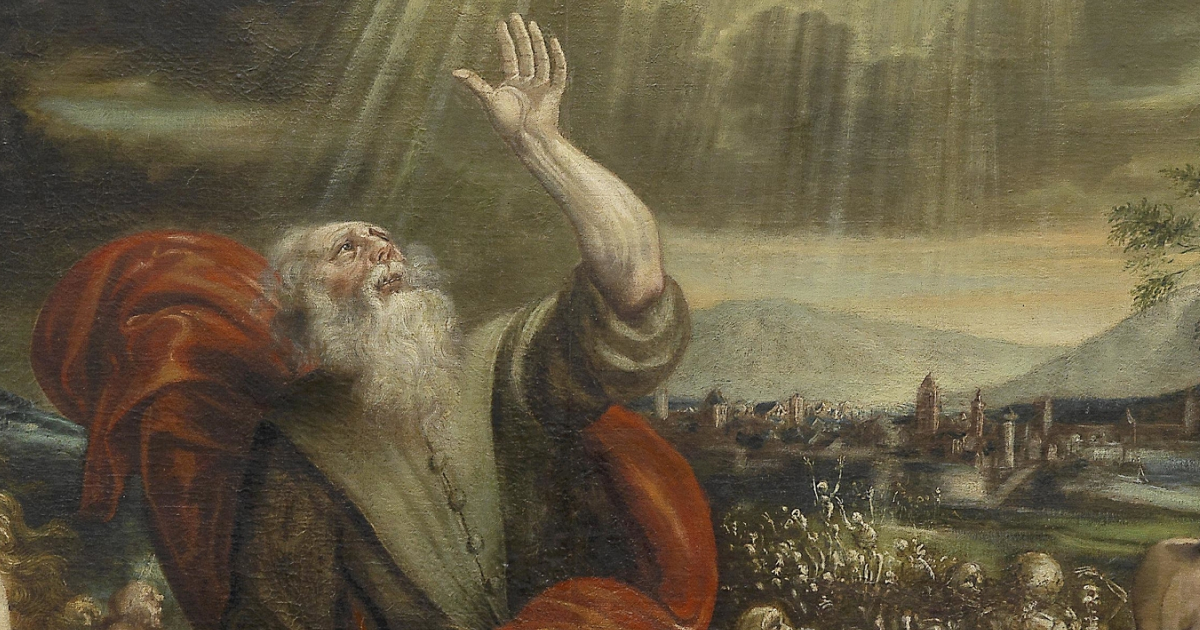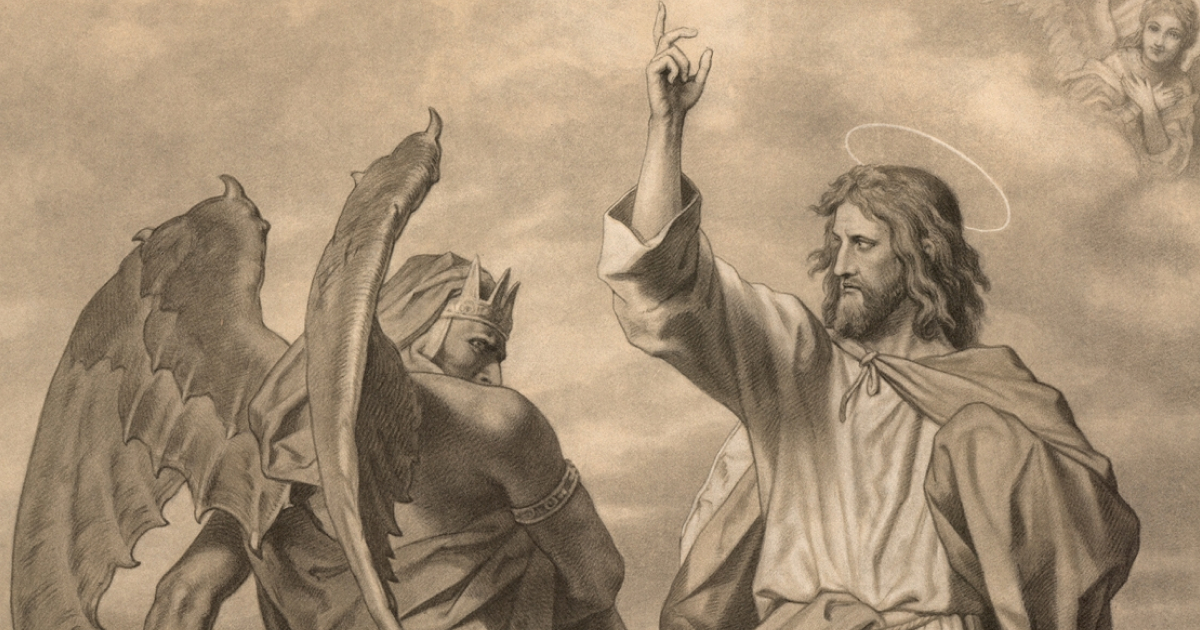Concerned Catholic: Mum will be 90 soon. She is really well cared for in her home, but is extremely frail. We have been warned that it might not be long now. When I went yesterday, Fr Tom was there, having taken her Communion. Talking outside her room, he suggested that he anoint her. I told him I wasn’t comfortable with that. It would make Mum really anxious. I am thinking of telling him he must not do this.
Chaplain: It is very good to hear that your mother is being well cared for in her nursing home, and that her spiritual needs are being attended to. If Fr Tom thinks it is right for your mother to be anointed, then I am sure this would be the best thing to do. Let me try explain why this is so.
Many Catholics still think of the Sacrament of Anointing as synonymous with “the Last Rites” and thus as an immediate preparation for death. In fact, this is not the true meaning of the Sacrament (and never has been, as we shall see below). This Sacrament is properly called “The Sacrament of the Sick” and is intended to assure those who are seriously ill that the Lord is still with them.
The Sacrament of the Sick confers the Lord’s blessing and strengthens the sick person to bear his or her trials courageously – and, if it be God’s will, it can also bring about physical healing. It is worth saying that this Sacrament is intended for those who are seriously ill (it is not for common colds or bruises) and, often, it is received shortly before death – after all, most of us will experience sickness as our life draws to a close. However, the Sacrament of the Sick is not the same thing as the Last Rites, and the two things should not be confused.
In essence, the Sacrament of Anointing continues the Lord’s own care for the sick which He showed so often during His life on earth. Reading the Gospels, it is clear how much time Jesus spent with the sick, and how many of His miracles were of healing. Naturally, therefore, he wanted His own compassion for those suffering to live on in the Church – and He instituted the Sacrament of the Sick to ensure that this would be the case.
The Church has solemnly defined (at the Council of Trent) that Anointing is indeed one of the seven Sacraments instituted by Christ Himself, and its existence is very clearly affirmed in the New Testament, especially in the Letter of St James. The relevant passage from St James is actually cited during one of the prayers of the rite of Anointing, and it is worth quoting here because it explains very fully both the origins of this Sacrament and its effects.
“Is there anyone sick among you? Let him call for the elders of the Church, and let them pray over him, and anoint him in the name of the Lord. This prayer, made in faith, will save the sick man. The Lord will restore his health, and if he has committed any sins, they will be forgiven.”
So, as we see here, the Sacrament of Anointing is very much intended to offer succour to the sick – it is not simply an immediate preparation for death. Moreover – just in passing – it is worth noting that this has always been the correct understanding of this Sacrament, throughout the history of the Church. The older Tridentine rite of anointing actually speaks of physical healing more than the modern rite, and it has always been accepted that people could be anointed multiple times, not just on their deathbed. It is true that the Church’s practice tended to become more restrictive over time, and thus in common parlance “anointing” and “the Last Rites” did tend to be viewed as the same thing. But this is not, and never has been, an accurate view of the Sacrament.
I hope this brief foray into the theology and history of Anointing has helped to set your mind at rest. It is also worth noting how this Sacrament is celebrated in practice. It is a very simple ceremony, and not at all alarming. Fr Tom will wear his small “pastoral” stole (you will have seen this when he was giving Holy Communion to your mother). He will say some short prayers and will then anoint your mother with the Oil of the Sick on the forehead and the hands while saying: “Through this holy anointing may the Lord in His love and mercy help you with the grace of the Holy Spirit.”
From my own experience, I can reassure you that celebrating this Sacrament is both a joy and a privilege. Priests see so often how it brings real comfort and joy to those who receive it. I am sure that this will be the case for your mother too. May God bless you both.
This article appears in the October 2024 edition of the Catholic Herald. To subscribe to our award-winning, thought-provoking magazine and have independent, high-calibre, counter-cultural and orthodox Catholic journalism delivered to your door anywhere in the world click HERE.
<strong>Concerned Catholic: </strong><em>Mum will be 90 soon. She is really well cared for in her home, but is extremely frail. We have been warned that it might not be long now. When I went yesterday, Fr Tom was there, having taken her Communion. Talking outside her room, he suggested that he anoint her. I told him I wasn’t comfortable with that. It would make Mum really anxious. I am thinking of telling him he must not do this.</em>
<strong>Chaplain</strong>: It is very good to hear that your mother is being well cared for in her nursing home, and that her spiritual needs are being attended to. If Fr Tom thinks it is right for your mother to be anointed, then I am sure this would be the best thing to do. Let me try explain why this is so.
Many Catholics still think of the Sacrament of Anointing as synonymous with “the Last Rites” and thus as an immediate preparation for death. In fact, this is not the true meaning of the Sacrament (and never has been, as we shall see below). This Sacrament is properly called “The Sacrament of the Sick” and is intended to assure those who are seriously ill that the Lord is still with them.
The Sacrament of the Sick confers the Lord’s blessing and strengthens the sick person to bear his or her trials courageously – and, if it be God’s will, it can also bring about physical healing. It is worth saying that this Sacrament is intended for those who are seriously ill (it is not for common colds or bruises) and, often, it is received shortly before death – after all, most of us will experience sickness as our life draws to a close. However, the Sacrament of the Sick is not the same thing as the Last Rites, and the two things should not be confused.
In essence, the Sacrament of Anointing continues the Lord’s own care for the sick which He showed so often during His life on earth. Reading the Gospels, it is clear how much time Jesus spent with the sick, and how many of His miracles were of healing. Naturally, therefore, he wanted His own compassion for those suffering to live on in the Church – and He instituted the Sacrament of the Sick to ensure that this would be the case.
The Church has solemnly defined (at the Council of Trent) that Anointing is indeed one of the seven Sacraments instituted by Christ Himself, and its existence is very clearly affirmed in the New Testament, especially in the Letter of St James. The relevant passage from St James is actually cited during one of the prayers of the rite of Anointing, and it is worth quoting here because it explains very fully both the origins of this Sacrament and its effects.
“Is there anyone sick among you? Let him call for the elders of the Church, and let them pray over him, and anoint him in the name of the Lord. This prayer, made in faith, will save the sick man. The Lord will restore his health, and if he has committed any sins, they will be forgiven.”
So, as we see here, the Sacrament of Anointing is very much intended to offer succour to the sick – it is not simply an immediate preparation for death. Moreover – just in passing – it is worth noting that this has always been the correct understanding of this Sacrament, throughout the history of the Church. The older Tridentine rite of anointing actually speaks of physical healing more than the modern rite, and it has always been accepted that people could be anointed multiple times, not just on their deathbed. It is true that the Church’s practice tended to become more restrictive over time, and thus in common parlance “anointing” and “the Last Rites” did tend to be viewed as the same thing. But this is not, and never has been, an accurate view of the Sacrament.
I hope this brief foray into the theology and history of Anointing has helped to set your mind at rest. It is also worth noting how this Sacrament is celebrated in practice. It is a very simple ceremony, and not at all alarming. Fr Tom will wear his small “pastoral” stole (you will have seen this when he was giving Holy Communion to your mother). He will say some short prayers and will then anoint your mother with the Oil of the Sick on the forehead and the hands while saying: “Through this holy anointing may the Lord in His love and mercy help you with the grace of the Holy Spirit.”
From my own experience, I can reassure you that celebrating this Sacrament is both a joy and a privilege. Priests see so often how it brings real comfort and joy to those who receive it. I am sure that this will be the case for your mother too. May God bless you both.
<strong><strong>This article appears in the October 2024 edition of the <em>Catholic Herald</em>. To subscribe to our award-winning, thought-provoking magazine and have independent, high-calibre, counter-cultural and orthodox Catholic journalism delivered to your door anywhere in the world click <a href="https://catholicherald.co.uk/subscribe/?swcfpc=1"><mark style="background-color:rgba(0, 0, 0, 0)" class="has-inline-color has-vivid-cyan-blue-color">HERE</mark></a></strong></strong>.






